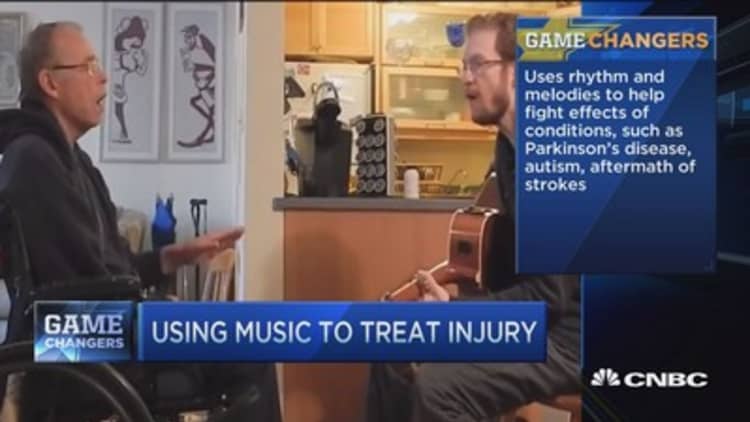
Online "brain training" company Lumosity will pay $2 million to settle charges that it deceived users with claims that its games could improve mental performance and stave off age-related cognitive decline.
A settlement announced Tuesday by the Federal Trade Commission said that besides paying $2 million in "redress" — which the FTC will attempt to give back to customers — the company will also notify their subscribers of the settlement and provide them with an easy way to cancel their automatically renewed subscriptions.
In its announcement, the agency called the marketing campaign "deceptive advertising."
"Lumosity preyed on consumers' fears about age-related cognitive decline, suggesting their games could stave off memory loss, dementia, and even Alzheimer's disease," said Jessica Rich, director of the FTC's Bureau of Consumer Protection. "But Lumosity simply did not have the science to back up its ads."
The company offers more than 50 different "brain games" played through the computer or other devices that the company says are designed by "scientists and game designers," but the FTC investigated its claims and determined the company did not provide sufficient evidence its games would improve cognition in everyday life, said Michelle Rusk, an attorney with the FTC's Consumer Protection Bureau.

"Neither the action nor the settlement pertains to the rigor of our research or the quality of the products — it is a reflection of marketing language that has been discontinued," the company told CNBC. "Our focus as a company has not and will not change: We remain committed to moving the science of cognitive training forward and contributing meaningfully to the field's community and body of research."


